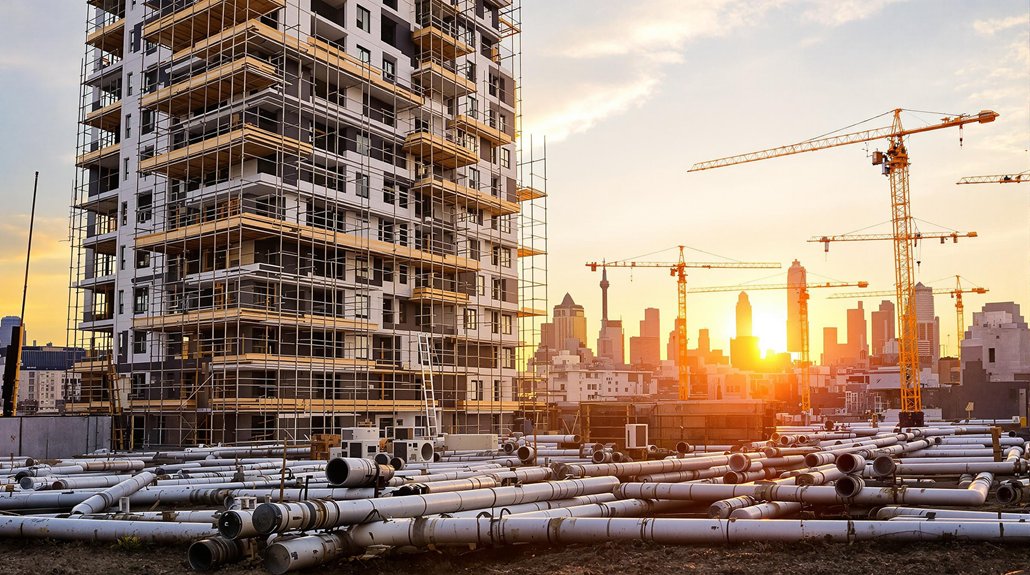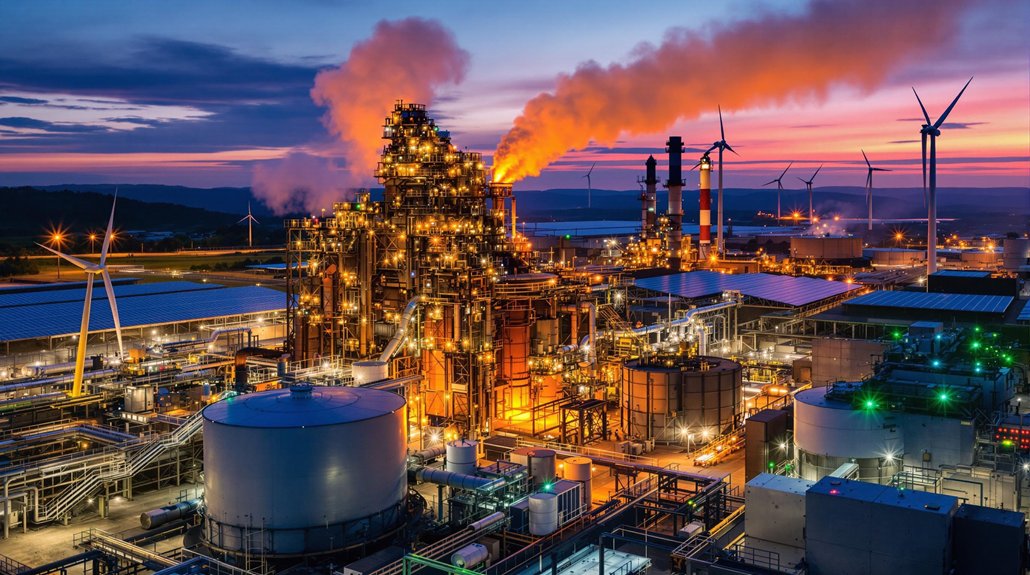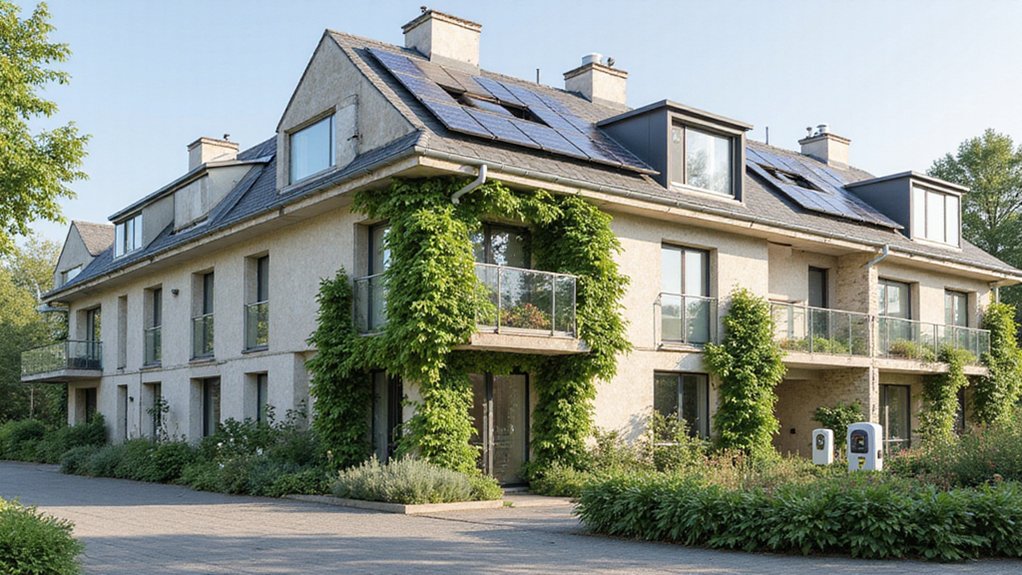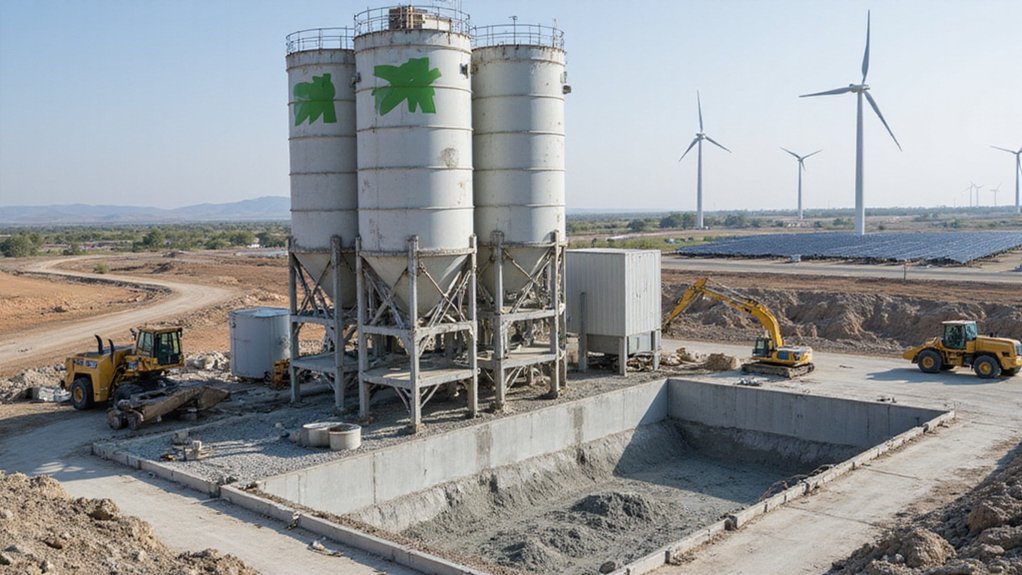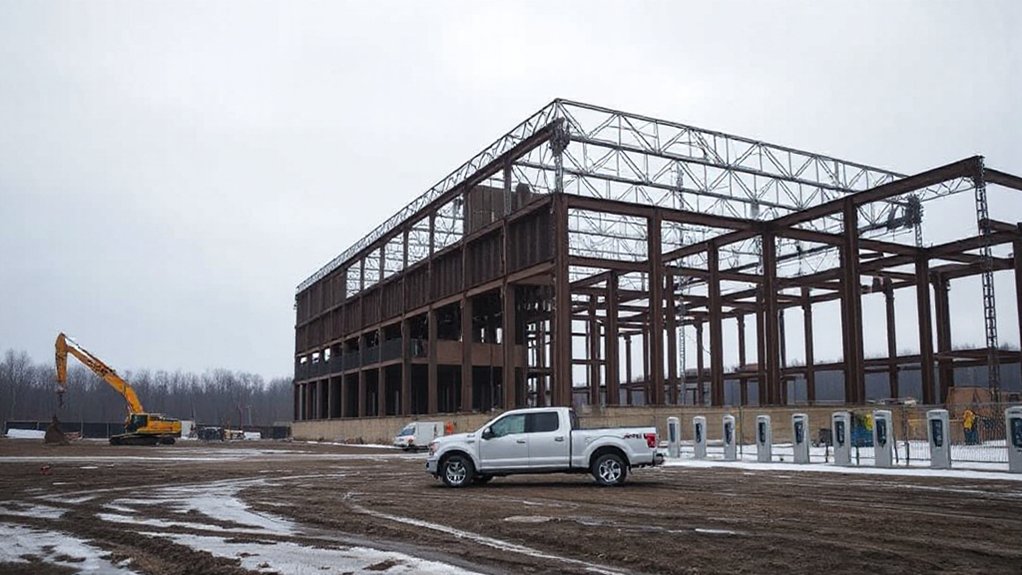In a landmark decision that signals a major shift in how New York builds for the future, the state has enacted a historic ban on gas systems in new construction. The ban, passed as part of the 2023-24 state budget, will take effect first for buildings seven stories or less starting December 31, 2025, and will extend to all new buildings by January 1, 2029.
The new rules prohibit fossil fuel systems for heating, hot water, and cooking in new buildings. The ban follows in the footsteps of New York City’s Local Law 154, which already began restricting gas hookups in smaller buildings this year, with larger buildings to follow by 2027.
New York’s sweeping gas ban extends beyond NYC, prohibiting fossil fuel systems in new construction statewide.
Not all buildings will face these restrictions. Several types of facilities have received exemptions, including hospitals, food establishments, laundromats, water treatment plants, and manufacturing facilities.
State officials are still working out additional details on exemptions through a public comment process that will continue through May 2025. The exemptions process requires a reasonableness test for utilities related to electric system upgrade timelines.
The ban faces legal challenges from the fossil fuel industry and trade groups. A lawsuit called Mulhern Gas Co. v. Rodriguez aims to block the statewide ban under federal law. The legal battle reflects broader nationwide conflicts, as similar laws are being challenged across multiple states, including Colorado and Washington. However, supporters of the ban received good news when a federal court recently upheld NYC’s Local Law 154, dismissing a similar lawsuit.
Buildings account for 70% of New York City’s greenhouse gas emissions, making them a key target in the state’s climate goals. By eliminating gas systems in new construction, officials hope to greatly reduce the state’s dependency on fossil fuels. This transition aligns with global efforts to decrease non-renewable energy usage which currently accounts for over 75% of global emissions.
Real estate developers now face new compliance requirements for permits and equipment choices. Some industry groups have warned about potential cost increases and impacts on housing affordability. Local businesses that rely on gas sales also expect to see their markets shrink.
The implementation will be overseen through the State Energy Conservation Construction Code, with officials monitoring emission reductions and grid impacts as the ban rolls out across New York over the next several years.
References
- https://www.barclaydamon.com/alerts/natural-gas-bans-in-new-york-state-take-shape-exemptions-and-lawsuits-under-scrutiny
- https://citylimits.org/new-york-moves-forward-in-banning-gas-equipment-in-new-construction-for-now/
- https://www.nahb.org/blog/2025/07/nysba-gas-ban-efforts
- https://grist.org/buildings/natural-gas-in-new-buildings-nyc-berkeley-lawsuits/
- https://www.canarymedia.com/articles/carbon-free-buildings/new-york-finalizes-gas-ban
